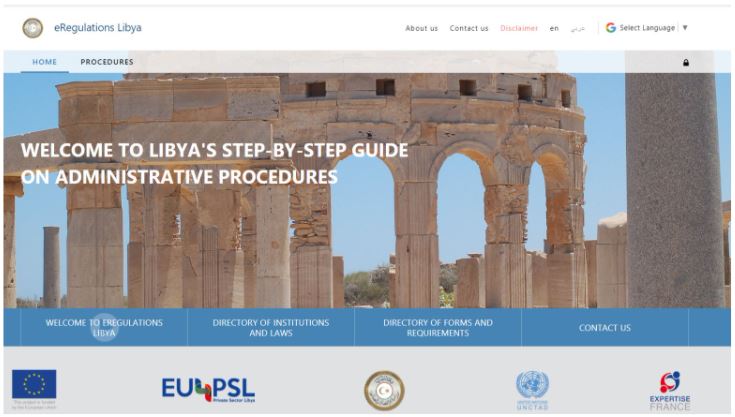By Sami Zaptia.
Tripoli, 21 September 2013:
Speaking on the second and final day of the CWC Libya Forum on oil and gas . . .[restrict]held in Tripoli (September 17-18), Managing Director Khalid Ghozlani of Etilaf Musharaka, a contracting JV between a Libyan and foreign company in Libya’s oil sector, shared some of his company’s experience in post revolution Libya.
The challenges that his contracting company faced upon returning to Libya post revolution were to rebuild the company’s infrastructure, retain employees, logistics and risk management, seeking equipment suppliers, and filling for indemnity claims for loss.
On the latter, adding that his company had received no reimbursement to date.
Post-independence there was more competition for job retention, the Managing Director of Etilaf Musharaka admitted, with members of his staff that had become thuwar (armed fighters) during the revolution being offered other better paid jobs.
“We have revised pay scale three times and pegged pay to rig performance and offered private health coverage”, he explained.
However, industrial strikes have proven a challenge, he admitted. “We have tried to introduce the new culture to our Libyan staff that they can express a differing opinion without necessarily going on strike”, he remarked.
He explained that his company is well upon its way to rebuilding its offices that were totally destroyed by the war effort and that new processes and procedures have had to be put in place with regards to logistics and risk management.
With regards to sourcing supplies and keeping stock, he admitted that extended lead times for products purchased abroad needed to be taken into consideration keeping in mind realistic local Libyan logistics.
Commenting on the outlook for the Libyan market, ultimately, he felt that by his company’s calculations Libya should be producing oil for the next 90 years – at the current rate of oil production of 1.5 million barrels per day and on the basis of oil reserves of just 49 billion barrels of oil.
Therefore, Khalid Ghozlani said in concluding, the future in his opinion is bright for the oil sector and oil related companies in Libya for nearly a century. [/restrict]







